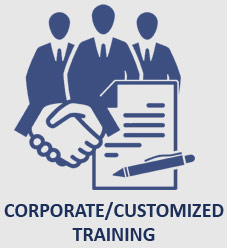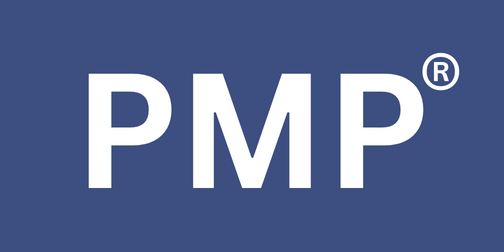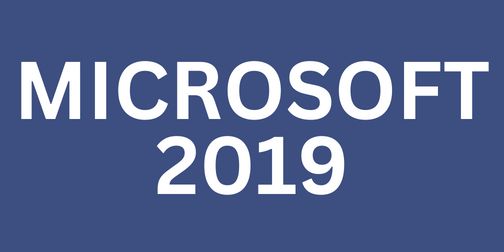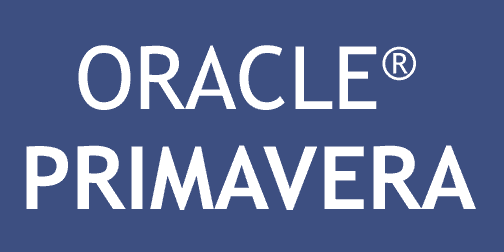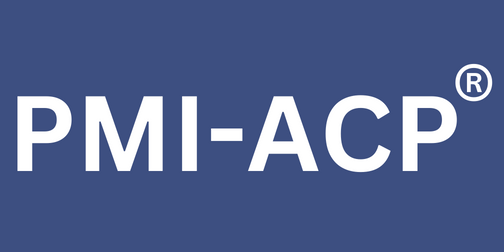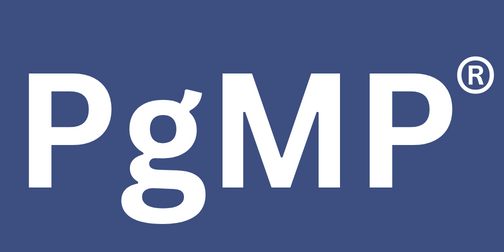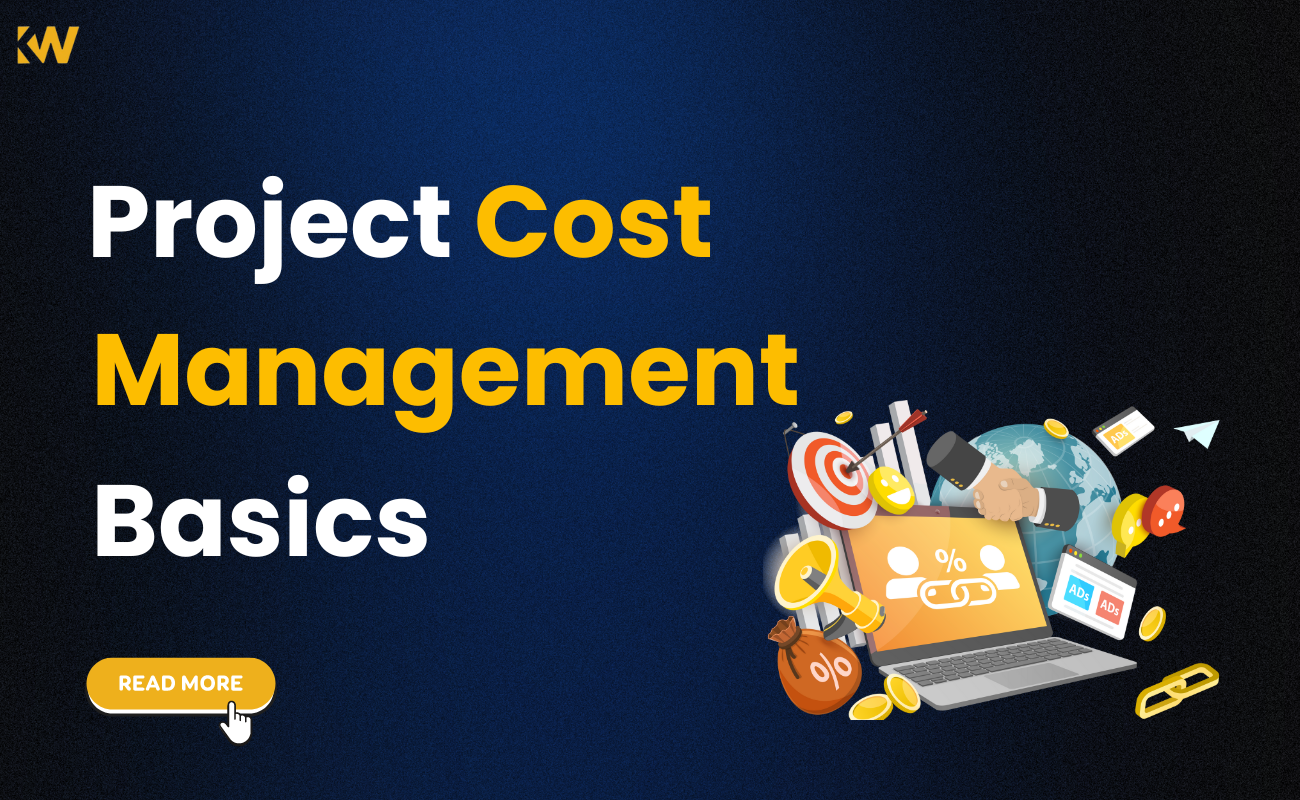
Project Cost Management Basics: A Comprehensive Guide
Posted On September 12, 2024 - 10:29 AM
Cost management is vital for any project to ensure it remains within budget and provides worth. Project Cost Management involves planning estimates and budgeting, financing, and managing and controlling costs to finish the project in line with the agreed budget. This blog focuses on the fundamentals of Project Cost Management, providing an overview of its most important elements and best methods.
What is Project Cost Management?
Project Cost Management is the method that involves estimating, allocating and monitoring the cost of projects. It's an essential aspect of managing projects that ensure that a project is completed within the approved budget. Effective cost management requires a thorough grasp of the project's scope and the timeline and resources needed.
Key Components of Project Cost Management
Project Cost Management can be divided into four core methods:
1. Cost Estimation:
-
Definition: This is the process of estimating the resources required for the completion of the project. Cost estimation covers the cost of materials, labour, equipment services, facilities and all other sources.
-
Techniques: Common methods include analogous estimation (using previous data from comparable projects) parametric estimating (using statistical connections between historical data as well as other variables) and bottom-up estimating (summing the costs of different work software).
2. Cost Budgeting:
-
Definition: After the costs have been estimated, they have to be allocated to different projects. Budgeting involves the aggregation of estimated costs to determine an appropriate cost baseline which is used to evaluate efficiency.
-
Importance: A well-constructed budget ensures that the project will have sufficient funds at the appropriate time and can help prevent cost overruns.
3. Cost Control:
-
Definition: Controlling costs is the method of analyzing project costs to ensure they are within the budget approved. This includes tracking the actual costs of the budget, and then making adjustments as needed.
-
Tools Earned Value Management (EVM): is a common method used for cost control
-
. It assists in evaluating the progress and performance of a project by comparing the work that was planned with the amount that was completed and the actual costs that were incurred.
4. Cost Forecasting:
-
Definition: It involves forecasting the financial performance of the project based on current trends and information. Forecasting can help identify the possibility of cost overruns before they occur so that corrective measures can be implemented.
-
Methods: Regression analysis, trend analysis or trends are two common methods for cost forecasting.
Best Practices in Project Cost Management
1. Develop a Detailed Work Breakdown Structure (WBS):
A WBS aids in identifying the various tasks associated with the project, which makes it easier to estimate the cost with precision.
2. Use Historical Data:
See past projects that had similar scopes to ensure the quality of estimations.
3. Incorporate Risk Management:
Determine the threats that could affect the budget and add contingencies to the budget estimates.
4. Regularly Monitor and Update the Budget:
Monitoring regularly helps to identify any deviations from the budget at an early stage, which allows for prompt corrective actions.
5. Communicate Effectively:
Keep all stakeholders updated about the current status of the budget to make sure that there is no confusion and to avoid any surprises.
How Project Cost Management Will Help in 2024
As we approach 2024, the significance of Project Cost Management is more crucial than ever. In today's rapidly changing and competitive business environment, the ability to manage costs effectively could be the difference in the success of a project or a failure. Here's how to master Project Cost Management will help in 2024:
1. Navigating Economic Uncertainty
-
Challenge: In the global economic system, we are predicted to confront challenges, such as the effects of inflation, disruptions to supply chains as well as fluctuating market conditions.
-
Solution: Effective cost management helps companies to plan and anticipate for these risks. By estimating accurately costs and taking into account contingencies, companies can safeguard their projects against financial turbulences.
2. Optimizing Resource Allocation
-
Challenge: Budgets are tightening and resource limitations, businesses have to make the best use of the resources they have available.
-
Solutions: Project Cost Management assists in optimizing the use of resources by making sure that funds are utilized effectively and efficiently. This helps ensure that projects can be completed with no unnecessary costs which maximizes the ROI.
3. Enhancing Competitive Advantage
-
The Challenge: as markets become more overcrowded, delivering projects on time and budget is crucial to maintaining an edge.
-
Solution: The ability to master cost management techniques allows companies to manage projects more efficiently and provide more value to customers and their stakeholders. This is a crucial factor in gaining new business as well as keeping existing customers.
4. Supporting Sustainable Practices
-
Challenge: Sustainability is now an important aspect of the management of projects due to the pressure to lessen the impact on the environment.
-
Solution: Cost management aids in assessing the financial benefits of sustainable practices, and in making informed choices. This may involve balancing upfront expenses with savings over the long term and aligning projects to broader environmental objectives.
5. Leveraging Technology and Automation
-
Challenge: The integration of cutting-edge technologies such as AI machine learning, machine learning, as well as automation into project management is on the rise.
-
Solution: Modern cost management tools that integrate these technologies can offer real-time information that can be used to make predictive analysis, as well as automatic cost monitoring. This improves accuracy but also cuts down on manual workload, allowing project managers to concentrate on strategic choices.
6. Adapting to Agile and Hybrid Project Methodologies
-
Challenge: The use of Agile and hybrid project management methods is increasing, and requires the use of more dynamic and flexible cost management strategies.
-
Solutions: Project Cost Management in 2024 must adapt to these approaches by allowing the process of cost estimation iteratively and making room for continuous adjustments. This allows for flexibility to ensure that costs are effectively managed regardless of the scope of projects.
7. Ensuring Compliance and Governance
-
Challenge: The requirements for regulating and governance requirements are growing more stringent across different industries.
-
Solution: Cost management techniques help to ensure that projects adhere to the financial regulations and standards of governance. This lowers the chance of legal issues and improves the confidence of stakeholders.
Conclusion
Project Cost Management Cost Management for Projects is an essential aspect of management for projects. It ensures that projects can be completed within the set budget. By understanding and applying the key components of cost management--estimation, budgeting, control, and forecasting--project managers can better manage project costs and deliver successful outcomes. Utilizing the best practices, such as making a comprehensive WBS using the most recent data and consistently reviewing the budget will further improve the efficiency of the cost management process.
Learning the fundamentals of Project Cost Management will not only aid in achieving projects' success but also create a reputation of efficacy and reliability in the execution of projects.
Faq
Q1. What are the 4 components of project cost management?
Ans. The 4 Steps of the Cost Management Process are:
-
Cost Management Plan Set-Up.
-
Cost Estimation and Budgeting.
-
Cost Control.
-
Cost Reporting.
Q2. What are the basic principles of project cost management?
Ans. The basic principles of project cost management are dedicating the right resources and managing the costs of those resources to complete any organized project. The goal is to ensure that projects yield the results necessary to be profitable and add to the organization's bottom line.
Q3. What are the 4 C's in project management?
Ans. A great project manager not only possesses technical knowledge and skills but also excels in essential soft skills, which can be summarized as the four C's: Communication, Collaboration, Commitment and Compassion.
Q4. How to define project cost?
Ans. Overall, project costs are the total funds needed to monetarily cover and complete a business transaction or work project. Project costs involve: Direct costs — Direct costs are those directly involved with the project and necessary to complete said project.
Q5. What are the 4 parameters of project management?
Ans. The project parameters (scope, budget, schedule, quality) should be defined; the project requirements must be delineated, so they fall within the project's parameters. Once the project definition stage is complete, you create your WBS.











